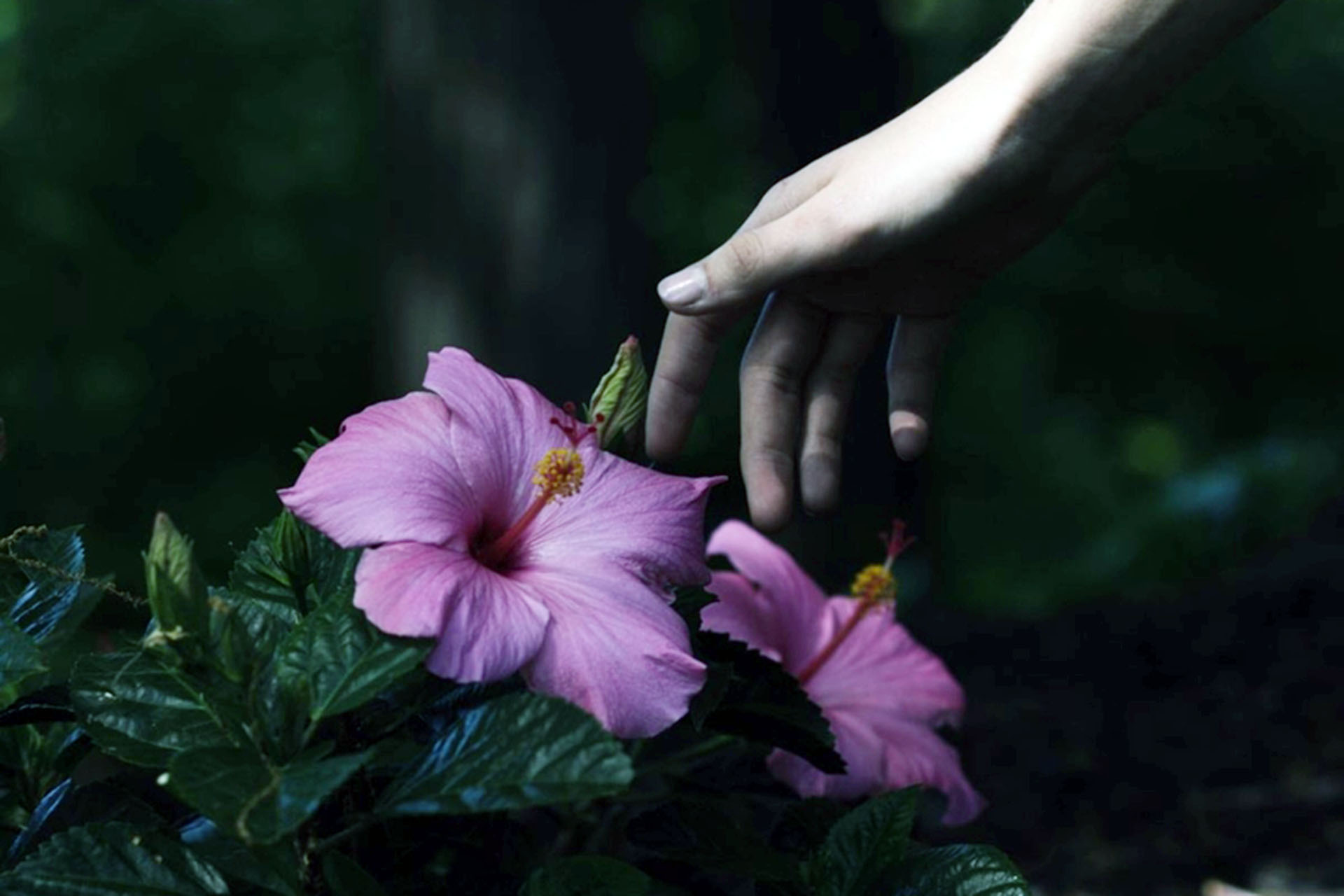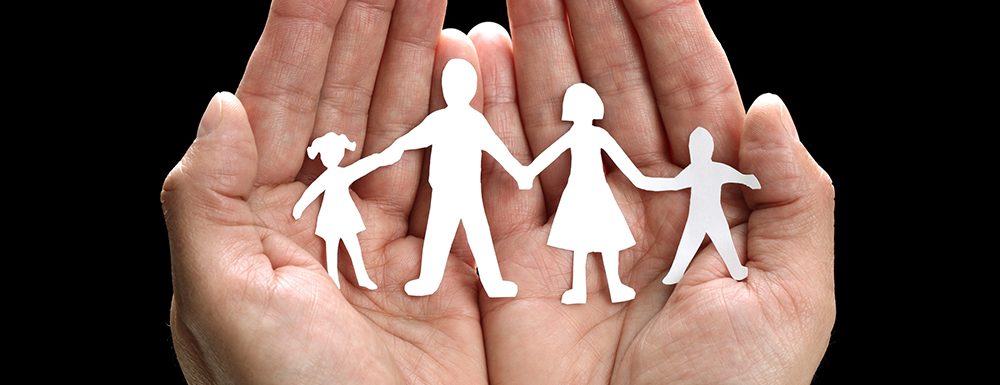
In part two of her two-part series, Youth Ambassador Millie Martin discusses domestic servitude in the UK context with Avril Sharp from Kalayaan.
As discussed in the first part of this blog series with Avril Sharp (AS) of Kalayaan, domestic workers are often hidden and therefore people may not know how the exploitation actually manifests. What are some of the signs of domestic servitude?
AS:“Signs common to domestic servitude include identity documents being withheld or confiscated, debt bondage and excessive wage reductions, forced to work excessively long hours and being expected to be on call 24/7 to tend to the needs of an employer. Workers report having no private space of their own, forced to sleep on the floor in communal areas, and restrictions placed on their freedom of movement and contact with others. Some workers will often only leave an employer when the abuse becomes extreme or when their employer stops paying them which means they can no longer send money to their families who face desperate situations back home. In the past Kalayaan has received reports of both physical and sexual abuse of both male and female domestic workers but this is likely to be widely underreported given the stigma attached to it.”
What the numbers tell us
According to the National Crime Agency in 2016, there were 326 cases of domestic servitude reported. It is doubtful this is a true representation of the actual scale of exploitation in the UK.
AS: “Since 2012, Kalayaan has seen a reduction in the number of MDWs coming forward to register with us for advice and support. One possible explanation for this has been that MDWs have learned there is little we can do for them so have either stayed in positions of abuse or have escaped and disappeared underground, almost certainly to further exploitation. The government continues to argue that workers can report abuse and access support under anti trafficking legislation but this approach fails to acknowledge not all abuse meets the legal definition of trafficking or modern slavery – and that rights, such as the option to withdraw labour, allows workers to challenge mistreatment and prevent this escalating into abuse, including domestic servitude. Denying MDWs rights as workers risks them remaining in situations of abuse and stops them from coming forward.”
Good news?
Recently in the UK, we started to learn more about the battles hidden workers are fighting for their labour rights. For example, a recent Guardian article revealed a contracted company supplying cleaners to the London School of Economics were living on the bare minimum and weren’t being paid for sick days. If we look closely at this hidden workforce we can start to uncover whatever exploitation these hidden women are enduring.
AS: “In April 2016, the government made changes to the immigration rules with respect to domestic workers employed by private individuals and those working for diplomats. These changes allowed workers to leave abusive and exploitative employers. For those workers who arrived on a Tier 5 visa working for a diplomat, they were allowed to remain working for a new employer for a maximum of 6 months or the time remaining on their visa, whichever was the shorter. For most, this meant that their time in the UK was cut short. However, since 24 November 2016, these workers can now remain in the UK for so long as their visa remains valid.”
What are Kalayaan’s plans for the near future?
AS: “Kalayaan will continue to document how the current visa regime is impacting MDWs in the UK and to campaign with our partners and supporters to demand better protections for workers in the UK.”
The perception that domestic work is a woman’s job is not likely to disappear from public opinion any time soon, and as long as domestic servitude continues, women will unfortunately make up the demographic of its victims. Domestic servitude will continue if we don’t start looking out for the signs and reporting cases we suspect. It is important to be vigilant, as it could be taking place right under our nose.


